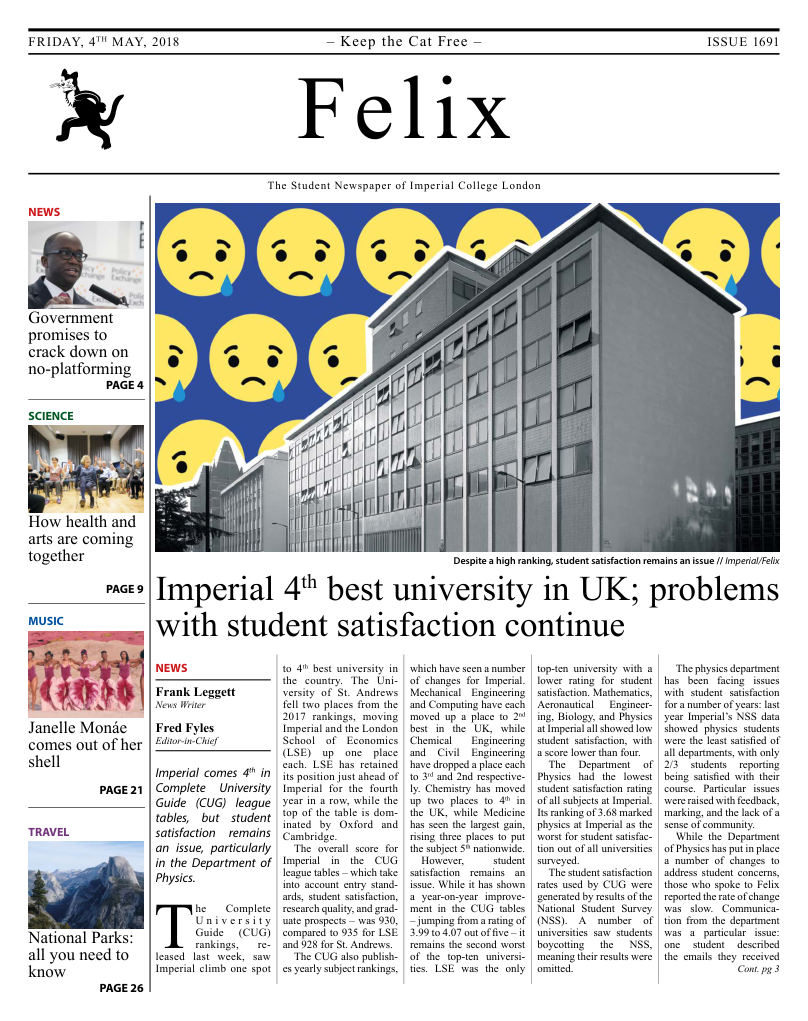Lab-grown heart used for drug safety testing
New scientific developments could help put concerns of expecting mothers to rest.

Currently, drug safety testing has to be initially conducted on animals, before trials in humans begin. While animal models have proven to be useful, in some respects, they do not wholly mimic human reactions. One of my lecturers’ favourite examples is thalidomide – a mild sleeping tablet that was proven safe in adults. Animal studies and human drug trials failed to detect its harmful effects on developing foetuses, and, as a result, in 1962 thousands of babies worldwide were born with malformed limbs.
This disaster led to increased stringency of the drug testing process, but did not reduce the fears of expecting mothers – pregnant women are less likely, for example, to take long or short-term medications to help control their symptoms of insomnia.
However, a recent study in March by a research group in Syracuse University, New York may have just found a reliable, clinically-relevant model to allow drug safety testing in embryos! This involves using stem cells – unspecialised cells that can be turned into different type of cells, such as heart cells. By utilising bioengineering principles, the research group in US were able to generate a heart in the early stages of development using stem cells.
Current problems with growing a developing heart (also known as cardiac organoid) in the laboratory centre around the immaturity of the cells themselves. Those that were grown on a dish are simply not the correct shape or orientation, and therefore they have different functional properties to those inside a human.
To resolve this, the group used biomaterials – substances that are able to interact with cells – combined with stem cells, to drive stem cell specialisation into heart cells, as well as encouraging cell maturation. The group patterned the biomaterial by creating the correct geometric confinement on the biomaterial, and, consequently, a 3D cardiac cell culture that mimics early heart development was able to be formed in approximately three weeks.
Since human stem cells are used, these organoids are well suited for drug screening, because it eliminates the species difference between animals and humans; this means patients can now have greater confidence when taking medications, and, perhaps, fewer animals are required for drug testing. In parallel, understanding the factors that influence human heart development may allow for the study of developmental heart abnormalities, allowing scientists to find treatments for congenital heart defects.
The technology is still in its infancy, and the applications may only be limited to early defects at present. Furthermore, there are still discrepancy between the heart that grows inside a human, and that which is grown in the lab. More research is required, but the future prospects remain exciting.








